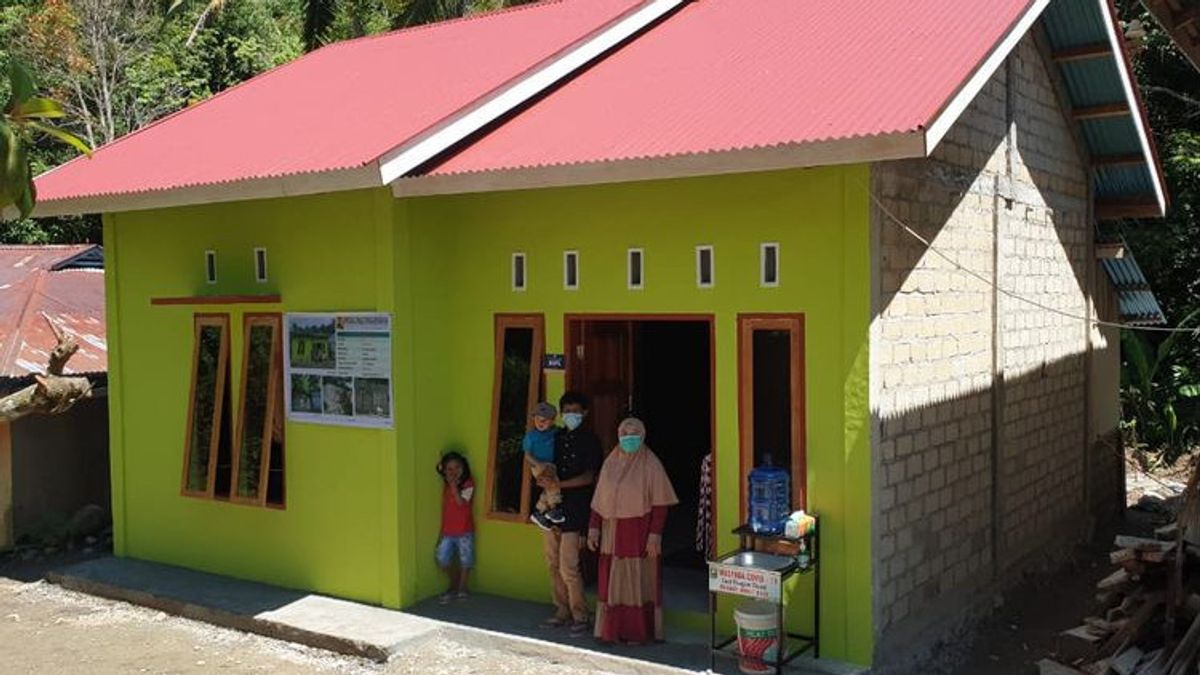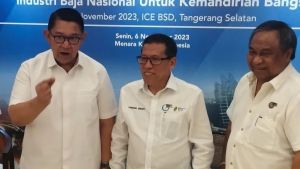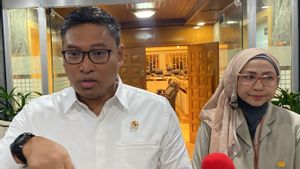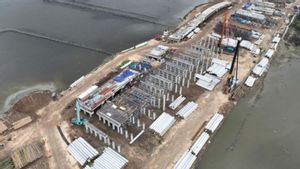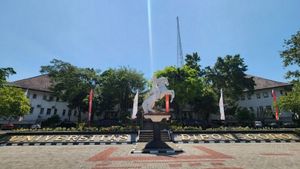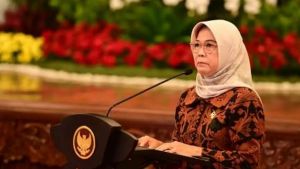The Ministry of Public Works and Public Housing (PUPR) through the Directorate General of Housing will continue the Self-Help Housing Stimulant Assistance Program (BSPS) this year.
The BSPS program is considered to be one of the pro-people programs in the housing sector that was able to improve the quality of people's houses that were previously unfit for habitation to be more habitable with stimulant funds from the government.
"We will resume the BSPS Program in 2023. This program really helps people to have decent housing with stimulant funds channeled by the government," said Director General of Housing at the Ministry of PUPR Iwan Suprijanto in his official statement in Jakarta, Tuesday, January 17.
According to Iwan, the achievement of community house construction through the BSPS Program has reached 183,000 houses last year.
This, said Iwan, is considered very helpful for the community, especially those whose houses are not livable, to become livable houses with the support of community assistance.
"For 2023 the number has decreased somewhat to 145,000," he said.
Currently, continued Iwan, there are at least three focuses on handling self-help houses in 2023, namely accelerating the reduction in extreme poverty (PKE) through improving the quality of uninhabitable houses, handling integrated residential areas and slums, and expanding the coverage of the Swadaya Home Clinic service.
Meanwhile, the indicators of the success of the BSPS Program consist of two things, namely community empowerment which includes awareness of the importance of livable houses, activity in the development process, and the value or amount of self-help as recipients of assistance.
The second is the quality of livable houses according to the SDGs, namely building durability, sanitation access, drinking water access and housing adequacy, as well as health indicators which include lighting adequacy, cleaning adequacy, and building completion which includes doors and windows, as well as finishing the outside of the building.
"We also hope for support from local governments to allocate APBD funds, and not rely on APBN funds in handling uninhabitable houses in the regions," he said.
"In addition, support from the private sector through CSR funds for housing and higher education programs in empowering the community to realize livable houses is also very necessary," he concluded.
The English, Chinese, Japanese, Arabic, and French versions are automatically generated by the AI. So there may still be inaccuracies in translating, please always see Indonesian as our main language. (system supported by DigitalSiber.id)
